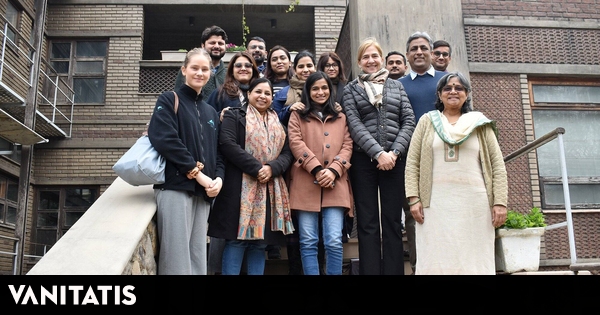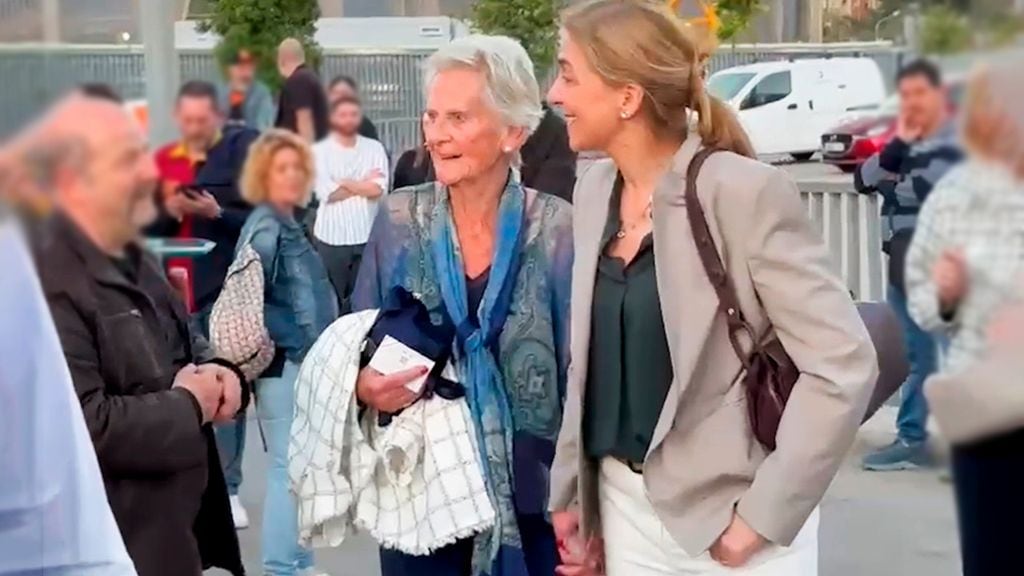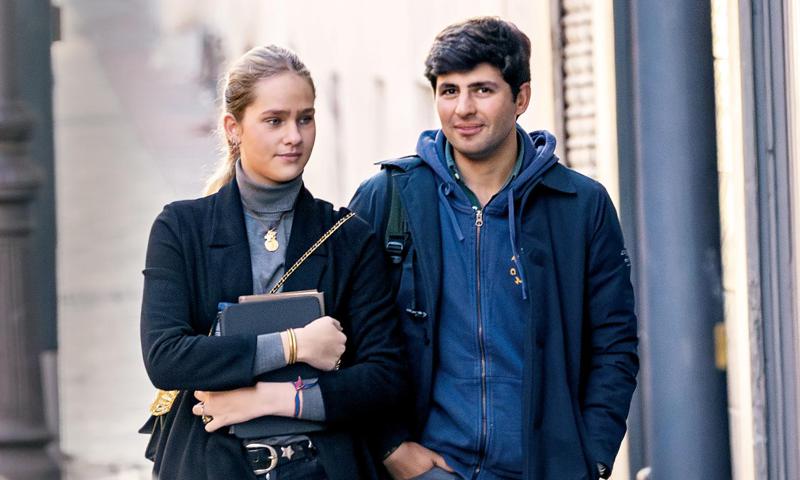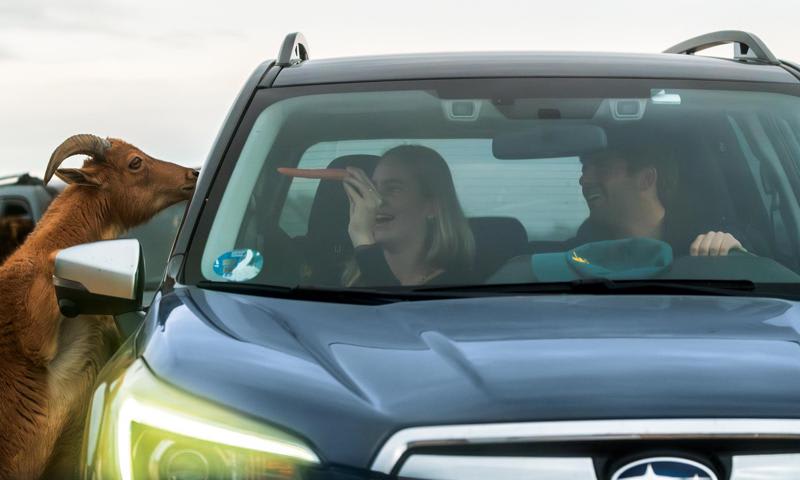- Joined
- Aug 13, 2004
- Messages
- 27,119
- City
- São Paulo
- Country
- Brazil
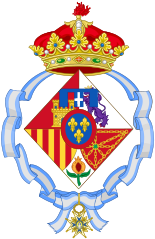
Arms of Infanta Cristina
Welcome to Juan Valentín, Pablo Nicolás, Miguel and Irene Urdangarín, News and Events, Part 3
Commencing January 30th, 2024
Commencing January 30th, 2024
The previous thread can be found here
· Only pictures that you have written permission to share can be posted here. You can post links to any pictures.
· It's a copyright violation to post translations of entire articles, so no more than 20% of an article
text should be posted, along with the link to the original article.
· We expect our members to treat each other, and the royals and persons in these threads, with respect.
· The Report Post button is for reporting inappropriate content in a post if no moderators or administrators are online.
· Threads should remain on topic. Posts which are irrelevant or disruptive
will be deleted or moved by one of the moderators.
***
· It's a copyright violation to post translations of entire articles, so no more than 20% of an article
text should be posted, along with the link to the original article.
· We expect our members to treat each other, and the royals and persons in these threads, with respect.
· The Report Post button is for reporting inappropriate content in a post if no moderators or administrators are online.
· Threads should remain on topic. Posts which are irrelevant or disruptive
will be deleted or moved by one of the moderators.
***
Last edited:



